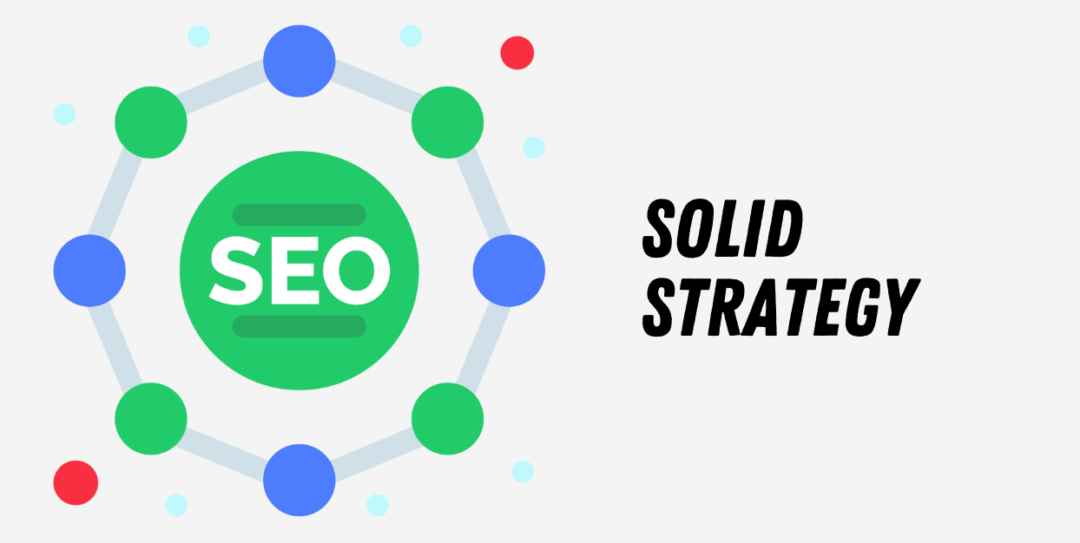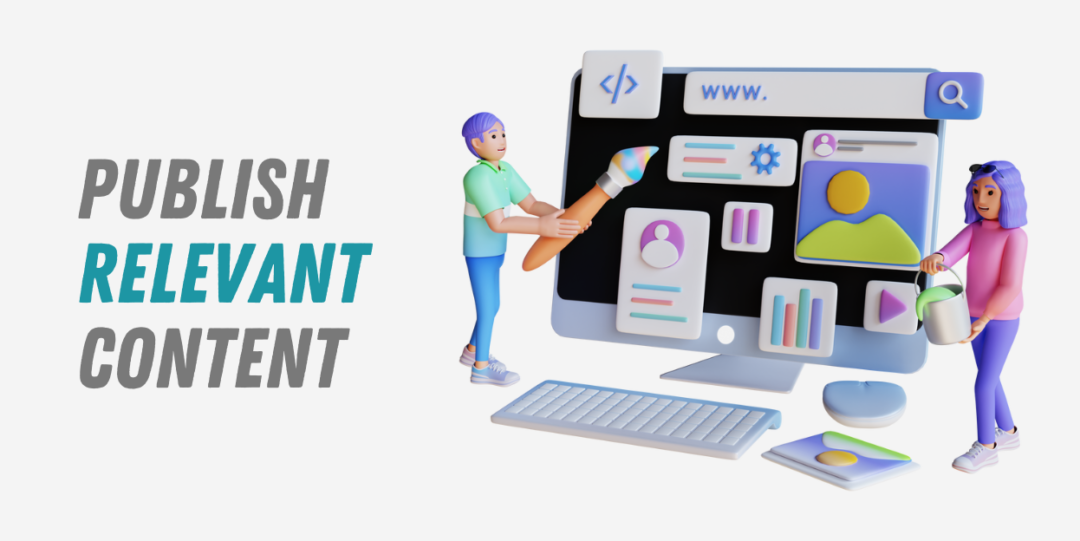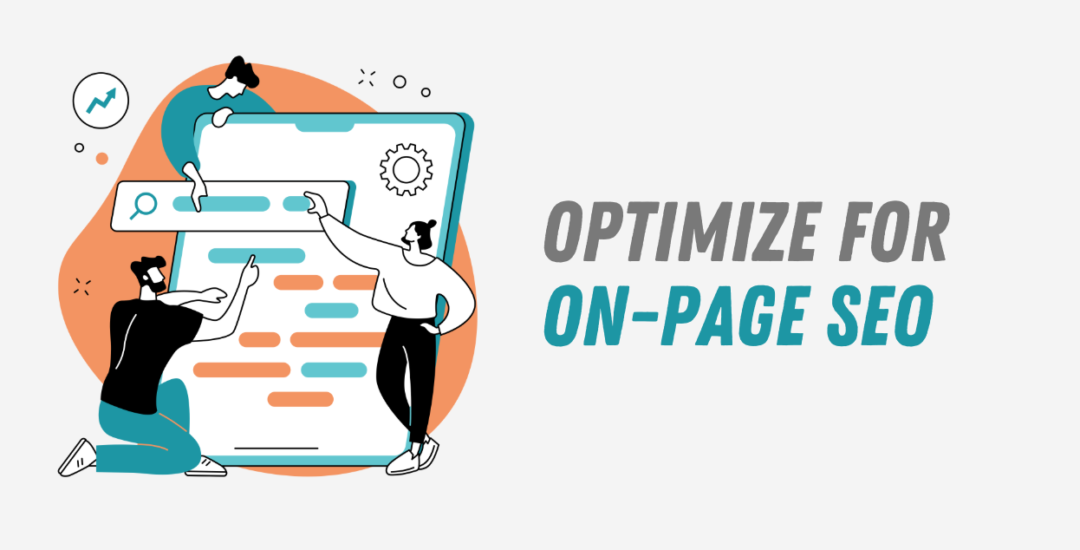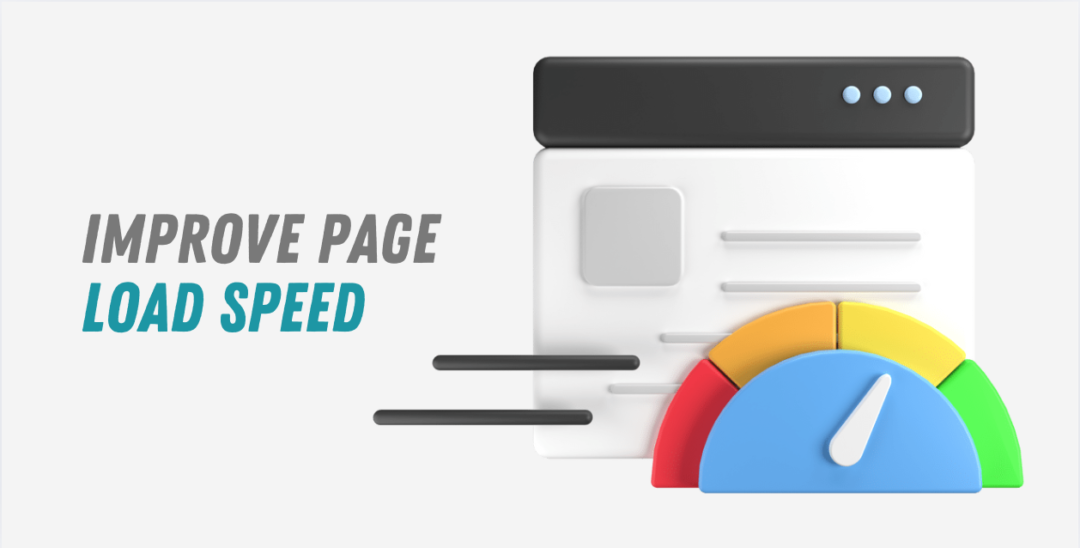Hey folks! As an SEO expert, I know the power of a well-optimized website. Over the years, I’ve helped many websites soar to the top of search engine results pages (SERPs) using proven strategies that work. SEO isn’t just a one-time fix, it’s a long-term commitment that requires patience, testing, and continuous optimization. Today, I’m going to share ten actionable methods that have consistently worked for me and my clients to improve website rankings.
These techniques aren’t just about getting your website to rank; they’re about maintaining that ranking, staying ahead of the competition, and ensuring your visitors have a seamless, positive experience.
Let’s discuss.
Steps To Get Rank On Search Engine
- Set a Solid SEO Strategy
- Publish Relevant Content
- Optimize for On-Page SEO
- Improve Page Load Speed
- Build High-Quality Backlinks
- Optimize for Mobile
- Conduct Keyword Research
- Focus on User Experience (UX)
- Regularly Update Your Content
- Use Social Media for SEO
1. Set a Solid SEO Strategy

When I first began working on SEO, one of the biggest mistakes I made was jumping straight into tactics without having a clear strategy. This is the most fundamental step I suggest to any website owner. Without a strategy, it’s easy to miss critical opportunities and waste time on ineffective techniques.
A good SEO strategy is about aligning your content with what your target audience is searching for while also keeping in mind the technical requirements of search engines. I always recommend defining specific goals whether it’s increasing organic traffic, improving page speed, or ranking for a particular keyword.
To set a proper strategy, here are the steps I always follow:
By setting clear goals and focusing your efforts on specific areas, you’re more likely to see sustainable improvements in your rankings.
2. Publish Relevant Content

In my experience, content is at the heart of SEO success. I’ve seen firsthand how high-quality, authoritative content can skyrocket a website’s rankings. Also, Search engines like Google prioritize websites that offer relevant, well-researched, and useful content for users.
Here’s the trick: content needs to be authoritative. You have to position yourself as an expert in your field. For this,
I follow a few key steps:
I’ve learned that readers want solutions to their problems, so focusing on answering their questions in detail not only helps you rank but also builds trust with your audience.
3. Optimize for On-Page SEO

Optimizing individual pages for SEO is an essential step in improving your rankings. On-page SEO involves everything from title tags to internal linking. It’s about ensuring that search engines can crawl and understand the content of your pages.
Here’s a checklist I always follow:
These optimizations may seem small, but they can make a huge difference in how well your pages perform on search engines.
4. Improve Page Load Speed

Page speed is a ranking factor, and I’ve seen a noticeable difference in performance when I optimized my website’s loading times. Slow websites lead to higher bounce rates and poor user experience, both of which negatively impact SEO.
Here’s how I approach speed optimization:
I recommend that you test your site’s speed regularly. Small improvements like these often lead to better rankings, especially for mobile users.
5. Build High-Quality Backlinks

Backlinks are still one of the most powerful ranking factors, and they’ve been key in boosting my own sites to the top of search results. When I started focusing on acquiring quality backlinks, I noticed immediate improvements in my rankings.
Not all backlinks are created equal.
Here’s my strategy for getting the best backlinks:
Backlinks are a game-changer when it comes to SEO, but they must be earned organically. Focus on building relationships and offering value to other websites, and the backlinks will follow.
6. Optimize for Mobile

In today’s mobile-first world, optimizing your site for mobile users is not just an option; it’s a requirement. I’ve seen a direct correlation between mobile optimization and better rankings, as Google uses mobile-first indexing for all websites.
Here’s what I focus on when optimizing for mobile:
Since more users browse and shop from mobile devices, you can’t afford to neglect mobile optimization.
7. Conduct Keyword Research

Keyword research is the foundation of SEO. When I first began my journey, I relied on tools like Google Keyword Planner, Ahrefs, and SEMrush to discover what keywords my target audience was searching for. Since then, keyword research has been one of the most important tasks I do before I even start creating content.
What I recommend:
Keyword research helps ensure that your content aligns with what users are searching for, giving you a competitive edge.
8. Focus on User Experience (UX)

User experience plays a major role in SEO. I’ve seen how small changes in UX, such as improving navigation or reducing pop-ups, can lead to significant increases in rankings. When users spend more time on your site and engage with the content, it sends positive signals to search engines.
Here’s how I approach UX:
When your website is easy and enjoyable to use, users will stay longer—and that translates into better rankings.
9. Regularly Update Your Content

I can’t stress enough how important it is to keep your content fresh. Search engines love updated content because it signals that your site is active and relevant. Over time, I’ve learned that regularly updating old blog posts or pages with new information can lead to significant improvements in ranking.
Here’s my approach to content updates:
Updated content is an easy win for SEO, and it shows both your users and search engines that your site is trustworthy and current.
10. Use Social Media for SEO

Social signals have become increasingly important for SEO over the years. While Google doesn’t directly use social media as a ranking factor, the traffic and engagement that social media brings can indirectly impact your SEO.
Here’s what I do to Use social media:
While social media doesn’t directly affect rankings, the increase in brand exposure and traffic can indirectly help your SEO efforts.
Pros and Cons Of SEO
Final Thoughts
The techniques we’ve discussed are the building blocks of a successful SEO campaign, but the real magic happens when you combine these efforts with a passion for providing valuable content, improving user experience, and staying ahead of industry trends. Remember,
Success in SEO is not about shortcuts; it’s about smart strategies and consistent effort.
Stay focused, keep learning, and adapt to the changes in the digital landscape. Your SEO journey may be challenging, but with dedication, the rewards are limitless. Also, Keep optimizing you website and the results will follow.
FAQs
What is SEO and why is it important for my website?
SEO, or Search Engine Optimization, is the process of optimizing your website to rank higher in search engine results pages (SERPs). This involves improving both the content and technical aspects of your site to meet the criteria set by search engines like Google. SEO is important because it helps drive organic traffic to your website, increases visibility, and enhances user experience. Higher rankings often lead to more clicks, increased conversions, and ultimately, greater business success.
How long does it take to see SEO results?
SEO is a long-term strategy, and the time it takes to see results can vary. Typically, it can take anywhere from 3 to 6 months to see noticeable improvements in rankings and traffic. Factors such as the competitiveness of the keywords you’re targeting, the quality of your content, and how well you optimize your site all play a role in the timeline. Consistency, patience, and ongoing optimization are key to long-term success.
How do I choose the right keywords for my website?
Choosing the right keywords involves understanding your audience’s search intent and the specific terms they use to find solutions related to your products or services. Also, Use keyword research tools like Google Keyword Planner, Ahrefs, or SEMrush to identify high-traffic, low-competition keywords that align with your business goals. Focus on both short-tail (general) and long-tail (specific) keywords to target a broader audience. Always prioritize relevance over search volume and ensure that the keywords fit naturally within your content.
Can I do SEO on my own, or should I hire an expert?
Yes, you can certainly start with SEO on your own! There are many resources available to learn the basics, and small websites can benefit from DIY SEO. However, SEO is complex and ever-evolving, which is why many businesses opt to hire an expert for ongoing optimization, advanced techniques, and scalability. If you’re dealing with a large site, need to handle multiple campaigns, or want to ensure consistent growth, hiring an SEO professional might be the best option to maximize results.




